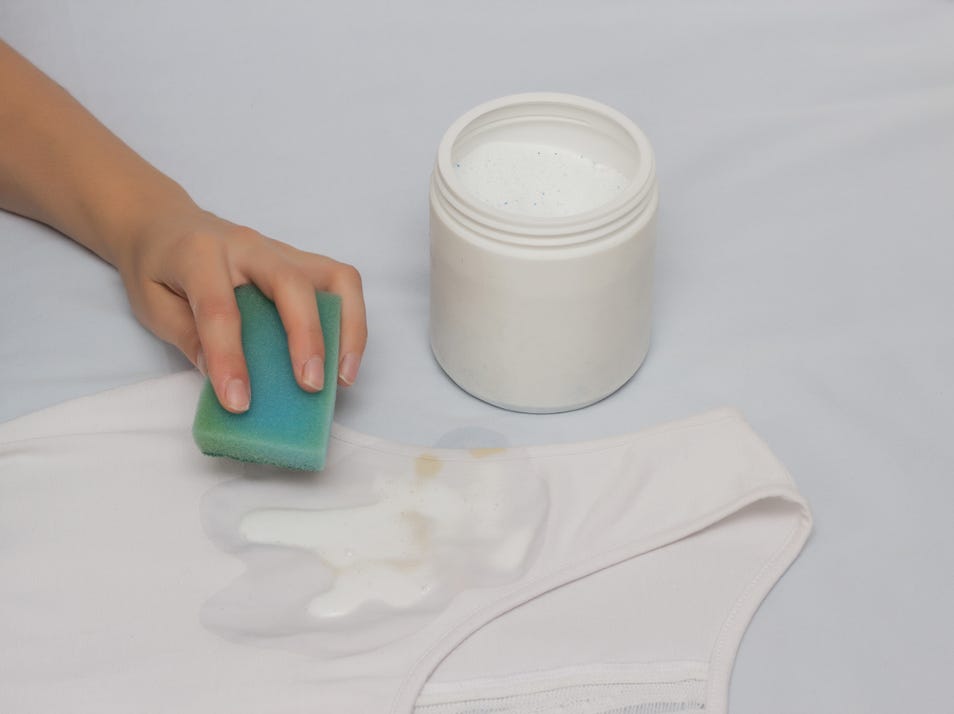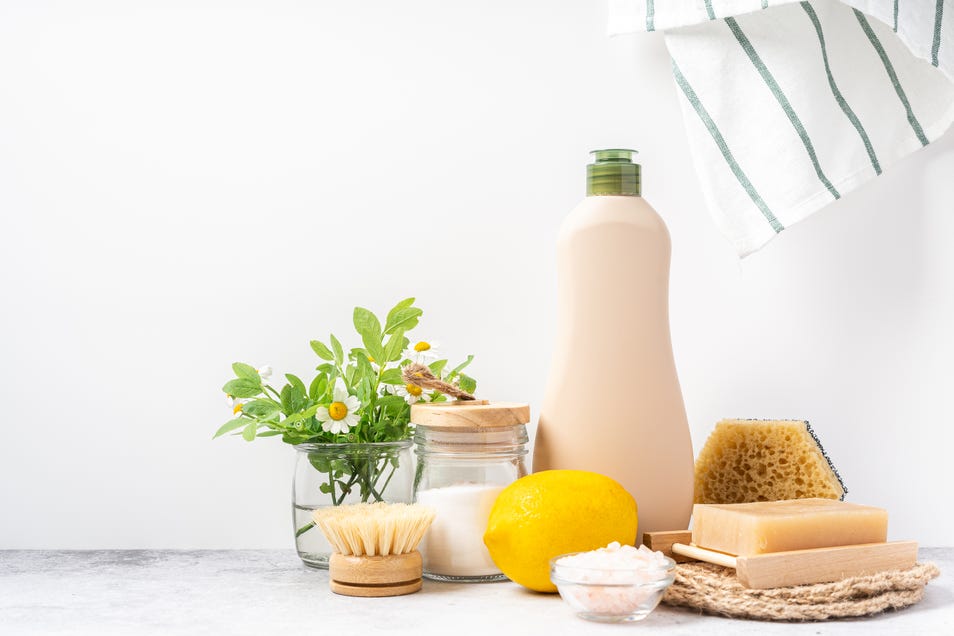Nothing feels quite like slipping into fresh, clean, crisp white clothes. Yet, anyone who owns white garments knows the struggle of maintaining that original brilliance. Over time, exposure to sweat, dust, and repeated washing fades whites into dull greys or unsightly yellows.
Traditional detergents often fall short, leaving behind residue or only lifting surface-level dirt. Enter a smarter solution: fabric whiteners with enzymes for clothes. This new generation of laundry enhancers is changing the way we treat whites: gently yet powerfully. From deep stain removal to long-lasting brightness, enzyme-based whiteners are quietly becoming the secret weapon in every laundry routine.
Understanding The Role of Enzymes in Fabric Care
Enzymes are naturally occurring proteins that speed up chemical reactions. In the context of fabric care, they are incredibly effective at breaking down complex stains like food, grease, and sweat. These microscopic agents target the molecular structure of stains, breaking them apart so they can be lifted away easily during washing.
Unlike harsh bleaches or synthetic brighteners, enzymes work without damaging the fibres. They’re gentle on clothes while being tough on grime, making them ideal for whites that need a deeper, smarter clean.
Why Fabric Whiteners With Enzymes Are Gaining Popularity
People are beginning to expect more from their laundry products than a quick clean and a strong scent. Fabric whiteners with enzymes offer more advanced care without requiring extra effort.
- Deep Cleaning Without Harsh Chemicals
Enzymes reach deep into fibres to lift embedded dirt and stains. This allows whites to return to their original brightness without the need for bleach or whitening agents that can weaken fabric over time.
- Better For Sensitive Skin
Many traditional whitening products contain chlorine or strong optical brighteners. These may irritate sensitive skin or cause long-term fabric damage. Enzyme-powered whiteners use biodegradable ingredients that are typically gentler, both on your skin and your clothes.
As consumers grow more environmentally aware, enzyme-based products are gaining traction. They tend to be biodegradable, require lower wash temperatures, and reduce the need for repeat washes, making them a greener choice for the modern household.
How Fabric Whiteners With Enzymes Work
Most enzyme-based whiteners use a mix of amylases, proteases, and lipases. Each targets a specific type of stain:
- Amylases break down starch-based stains, such as those from sauces or baby food.
- Proteases act on protein-based stains like blood, sweat, and dairy.
- Lipases work on oily and greasy residues, cutting through them with precision.
Together, they form a powerful stain-fighting team. Once applied in the wash, these enzymes activate and get to work. As the wash cycle continues, the broken-down particles are easily rinsed away, leaving whites visibly brighter and noticeably cleaner.
Best Practices For Using Enzymatic Fabric Whiteners
To get the most out of fabric whiteners with enzymes, consider a few simple habits that can boost results:
- Pre-soak For Tough Stains
If whites have heavy staining, pre-soaking them in a solution with an enzymatic whitener can dramatically improve outcomes. Let the item soak for 30 minutes to allow the enzymes time to break down stubborn marks.
Enzymes are most effective in moderate temperatures. Using cold or lukewarm water protects fabrics and helps the enzymes perform optimally.
Combining enzyme whiteners with bleach or disinfectants can deactivate the enzymes. Keep these products separate to allow each to do its job effectively.
Beyond Laundry: Other Applications Of Enzymes In Fabric Care
While the focus remains on whitening, enzyme-based fabric care is extending into other areas:
- Odour Control: Enzymes neutralise the organic compounds responsible for bad smells, making your whites not just look clean but smell fresh too.
- Fabric Longevity: Gentle cleaning action preserves the integrity of fibres, ensuring your garments stay newer for longer.
- Pet and Baby Care: Ideal for items that frequently encounter biological stains, such as bibs, burp cloths, and pet bedding.
What To Look For When Choosing A Fabric Whitener Solution With Enzymes
When selecting the right product, reading the label is key. Look for:
- A clear mention of multiple enzyme types
- Biodegradable or eco-certified ingredients
- Fragrance-free or dermatologically tested formulas if you have sensitive skin
- Instructions tailored for white fabrics
High-quality enzyme whiteners typically come in liquid or powder form and can be used alongside your usual detergent.
Brighter Whites, Smarter Choices
Maintaining the brilliance of white fabrics no longer means compromising on fabric safety or the environment. Fabric whiteners with enzymes offer a cleaner, smarter solution to laundry care. By targeting stains at a molecular level, these products deliver visible results without the drawbacks of harsh chemicals.
Reviving a dull white shirt or keeping everyday garments crisp and fresh? Enzyme-based whitening is the modern way forward. As more people discover their benefits, these innovative products are sure to become a staple in laundry cupboards around the world.





